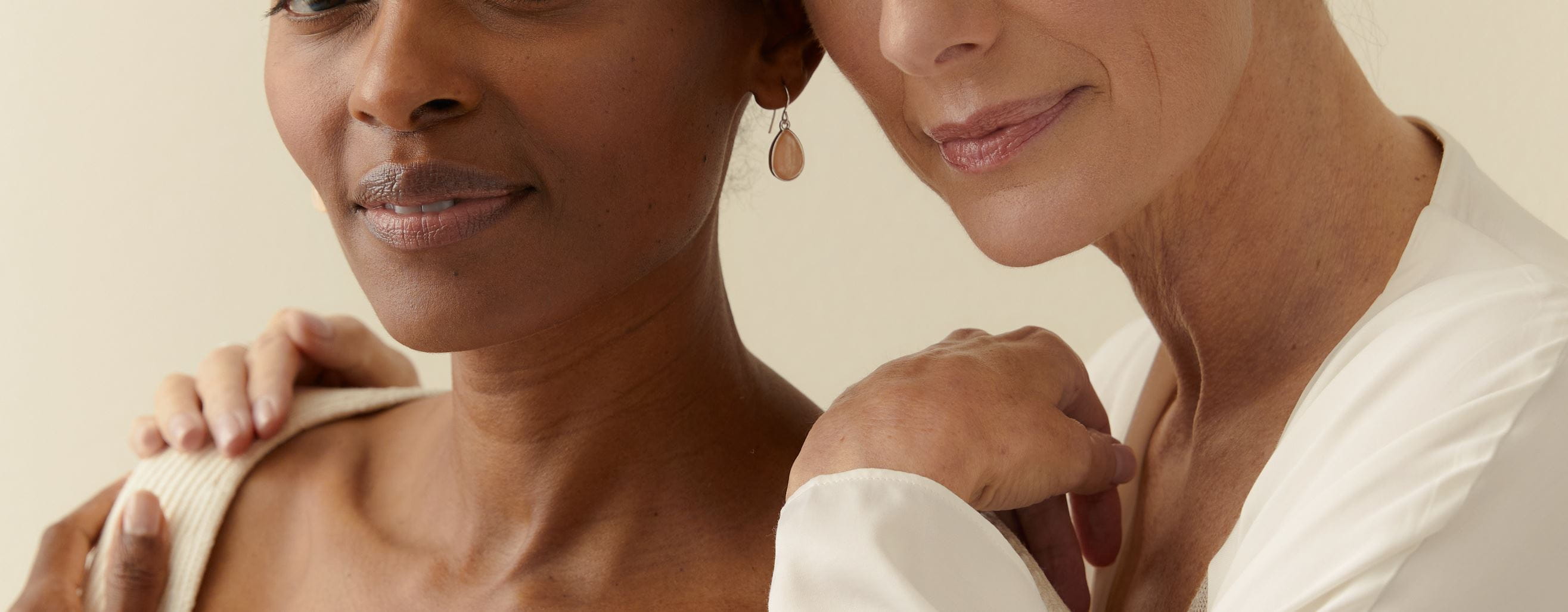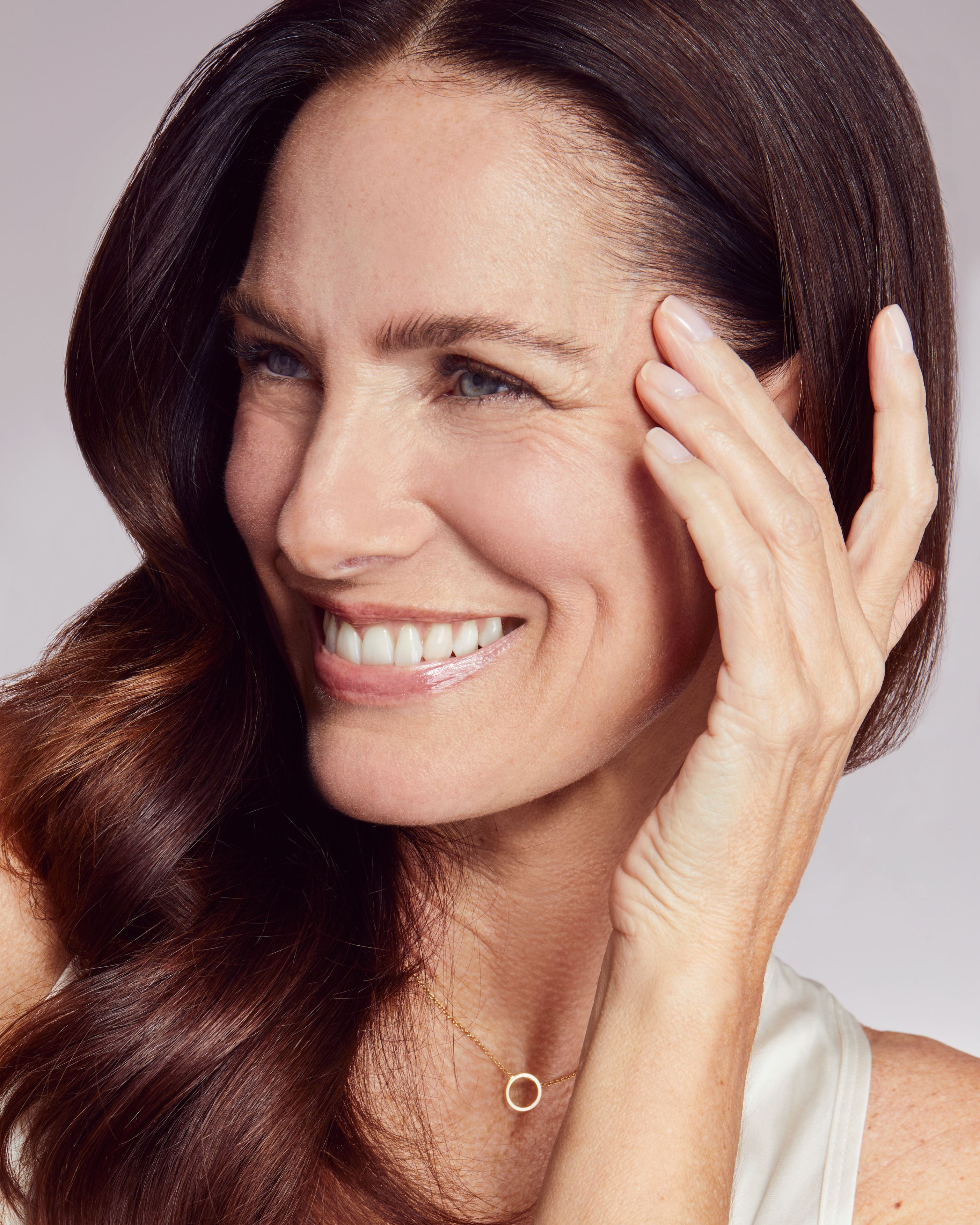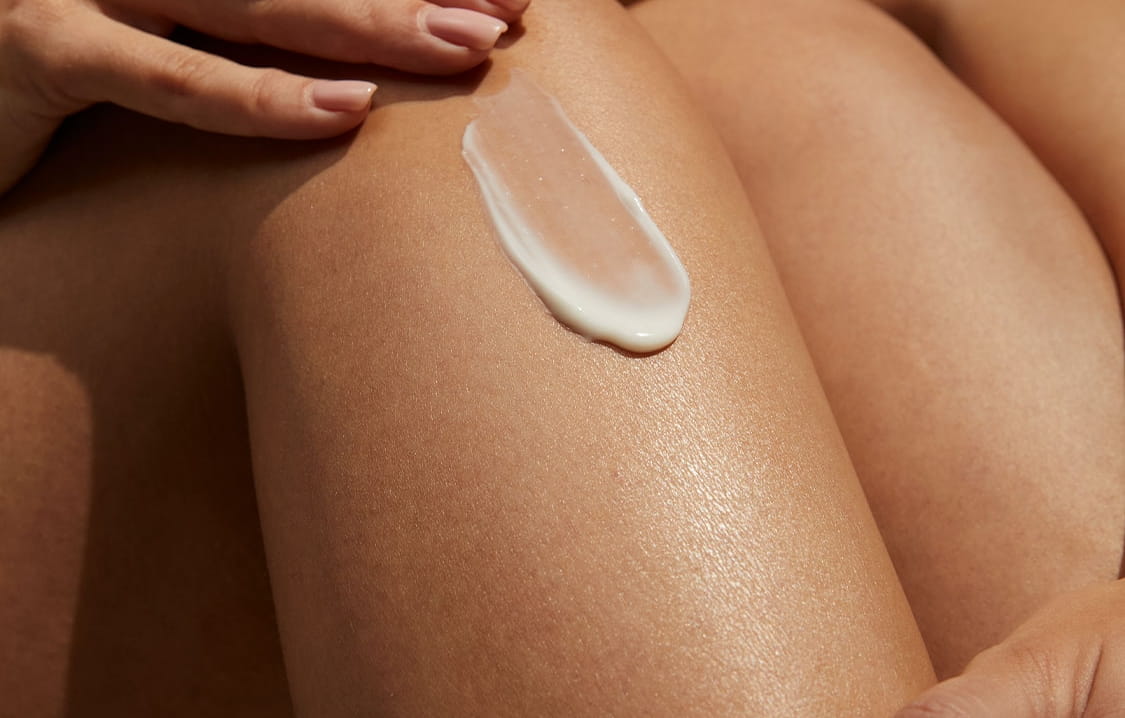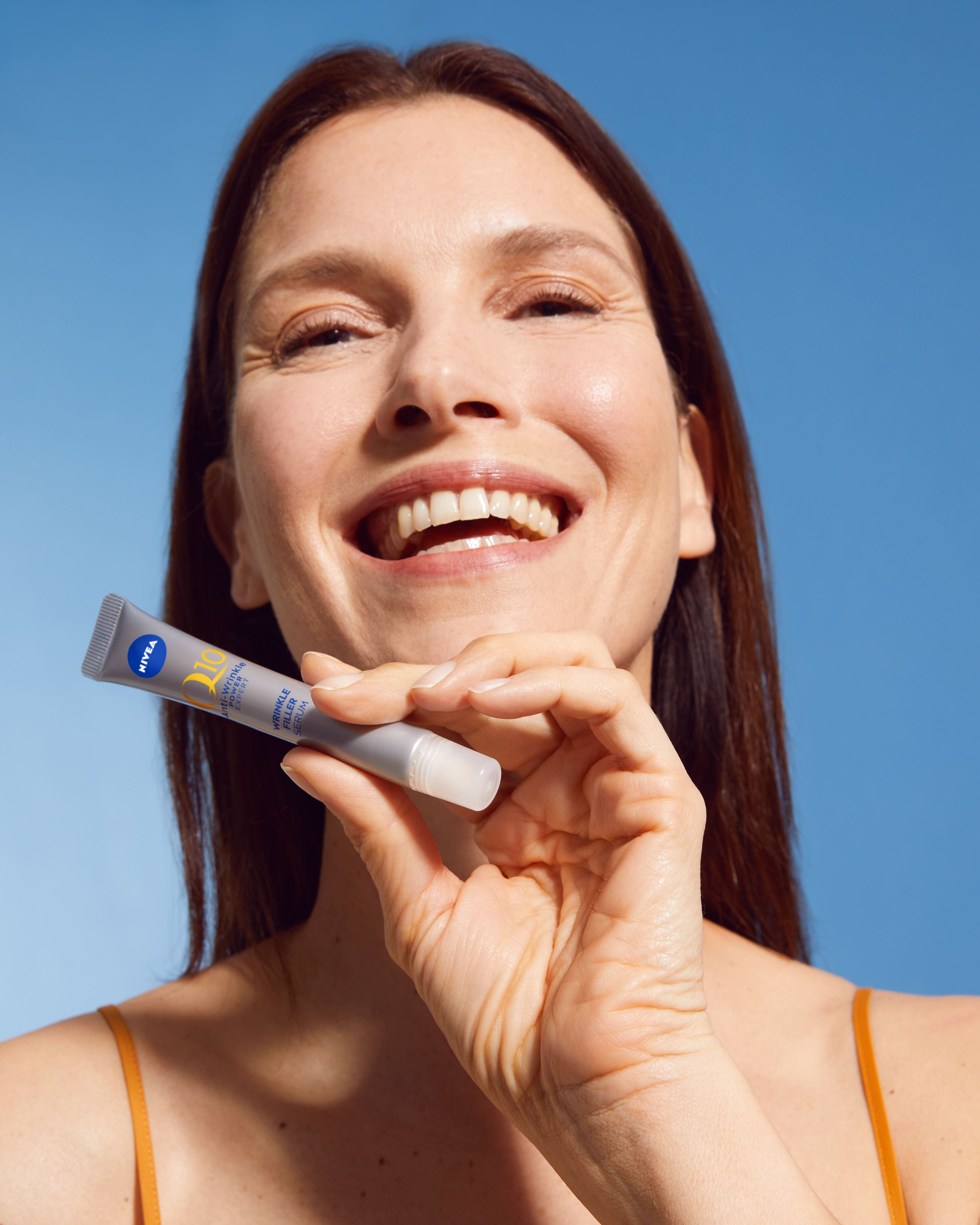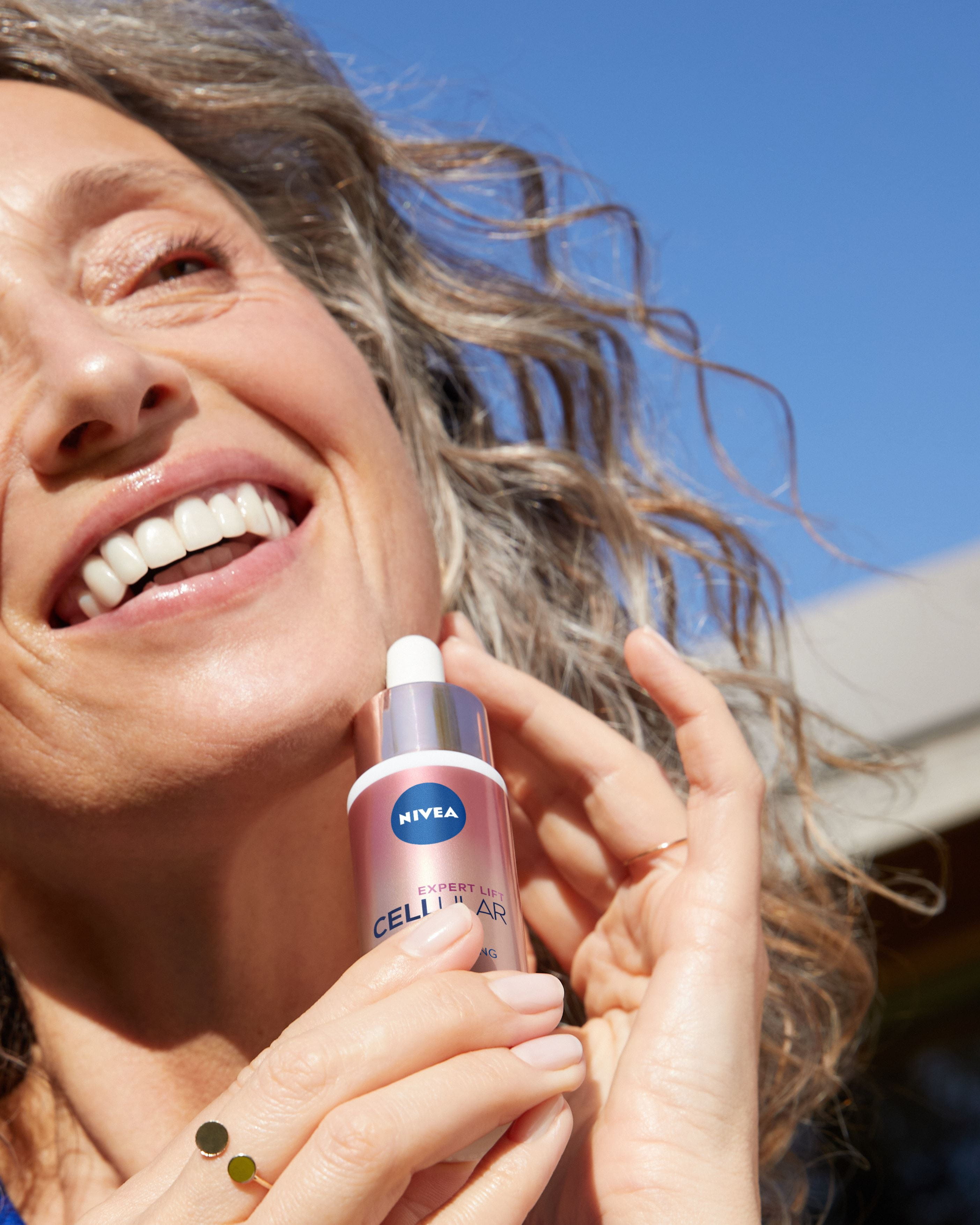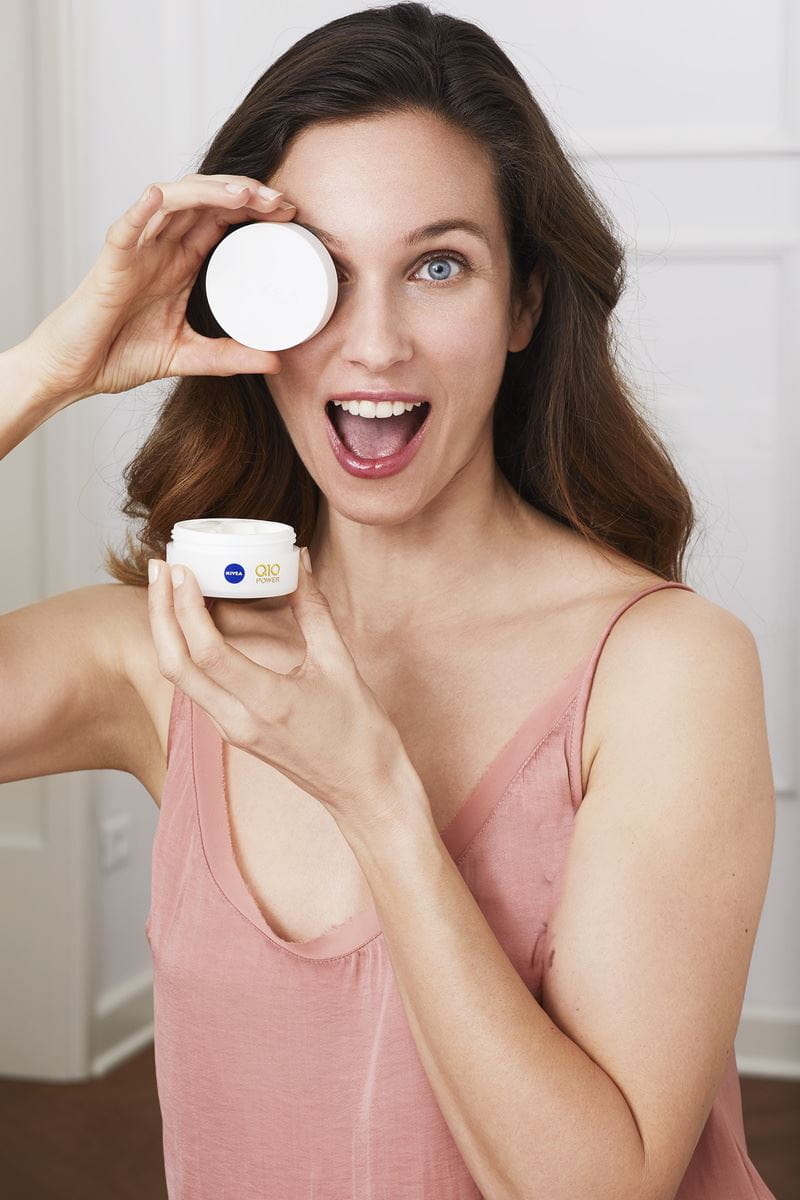With over 25 years of research on the powerful coenzyme Q10, our skin care expertise constantly improves to ensure effective and advanced wrinkle reduction solutions. As a result, the Q10 Anti-Wrinkle Power – Extra Firming Day Cream now has an improved new formula – the powerful combination of Q10 and creatine to deliver a duo collagen boost.* Clinically proven to firm skin in 7 days, Q10 enhances skin’s own power and collagen, while creatine provides an immediate extra boost for collagen and elastin production.
*Tested on skin cells.
Q10 is an incredible naturally occurring coenzyme in the body. While our cells naturally contain Q10 – the amount decreases over time. This leads to skin losing its elasticity and becoming more prone to fine lines and wrinkles forming. Replenishing these levels of Q10 is essential. By supporting the skin’s own function to effectively reduce wrinkles from within, skin stays as fresh and powerful as we feel.
Creatine is a natural supplement known for supplying energy to the body. In the case of skin care, our scientists have harnessed its properties to supply instant power and extra energy to boost the production of collagen and elastin on top of the Q10. Experience skin resilience and effectively reduce wrinkles from within.
*Tested on skin cells.
